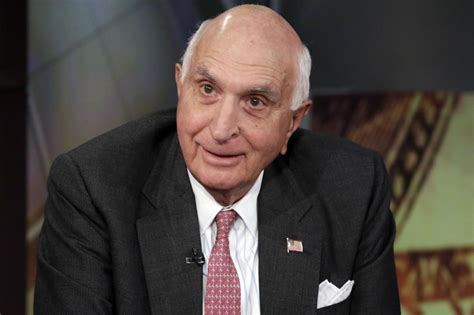A Quote by Timothy Hutton
What I learned at that moment on the subway 30 years ago, staring at my blank passport, was this: If you have an impulse to do something, and it's not totally irresponsible, why not do it? It might just be the journey you've always needed.
Related Quotes
I learned to live many years ago. Something really, really bad happened to me, something that changed my life in ways that, if I had my druthers, it would never have been changed at all. What I learned from it is that today seems to be the hardest lesson of all. I learned to love the journey, not the destination. I learned that it is not a dress rehearsal, and that today is the only guarantee you get. I learned to look at all the good in the world and to try to give some of it back because I believed in it completely and utterly.
When I use the term "complex realism", what I'm suggesting is that the writer must be realist, always realist, but not realist in the sense we have usually used the term in literature. If reality today is different from the reality of 30 years ago, we can't keep describing reality in the same way as we did 30 years ago.
We have made a huge amount of progress over the last 50 years by enabling trade, by enabling kind of collaboration and learning. And actually, in fact, when you look at your average 30-year-old today, they're much better off than a 30-year-old 20 years ago, 30 years ago, because of progress in technology and health care and all the rest of this.
At one point I learned transcendental meditation. This was 30-something years ago. It took me back to the way that I naturally was as a child growing up way in the country, rarely seeing people. I was in that state of oneness with creation and it was as if I didn't exist except as a part of everything.
Just slap anything on when you see a blank canvas staring you in the face like some imbecile. You don't know how paralyzing that is, that stare of a blank canvas is, which says to the painter, ‘You can't do a thing’. The canvas has an idiotic stare and mesmerizes some painters so much that they turn into idiots themselves. Many painters are afraid in front of the blank canvas, but the blank canvas is afraid of the real, passionate painter who dares and who has broken the spell of `you can't' once and for all.


































